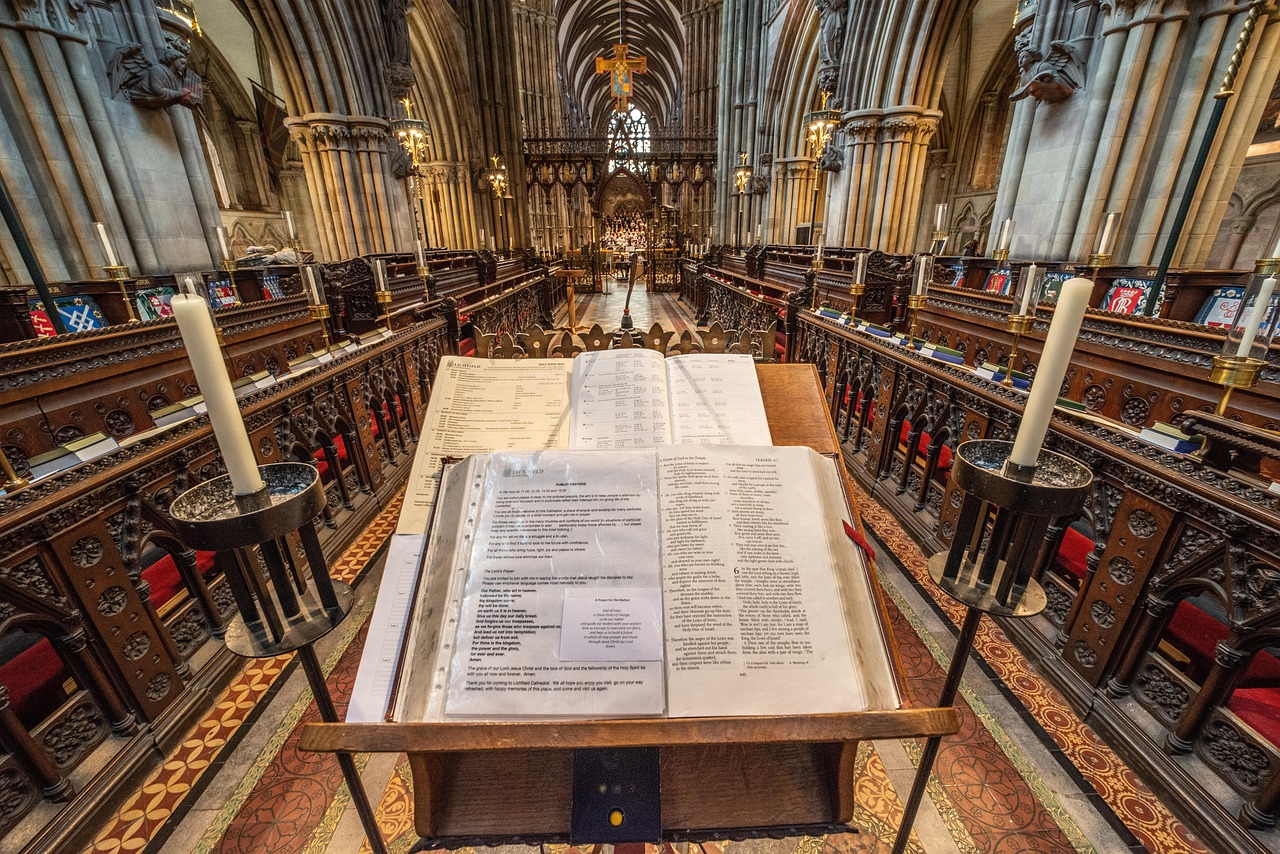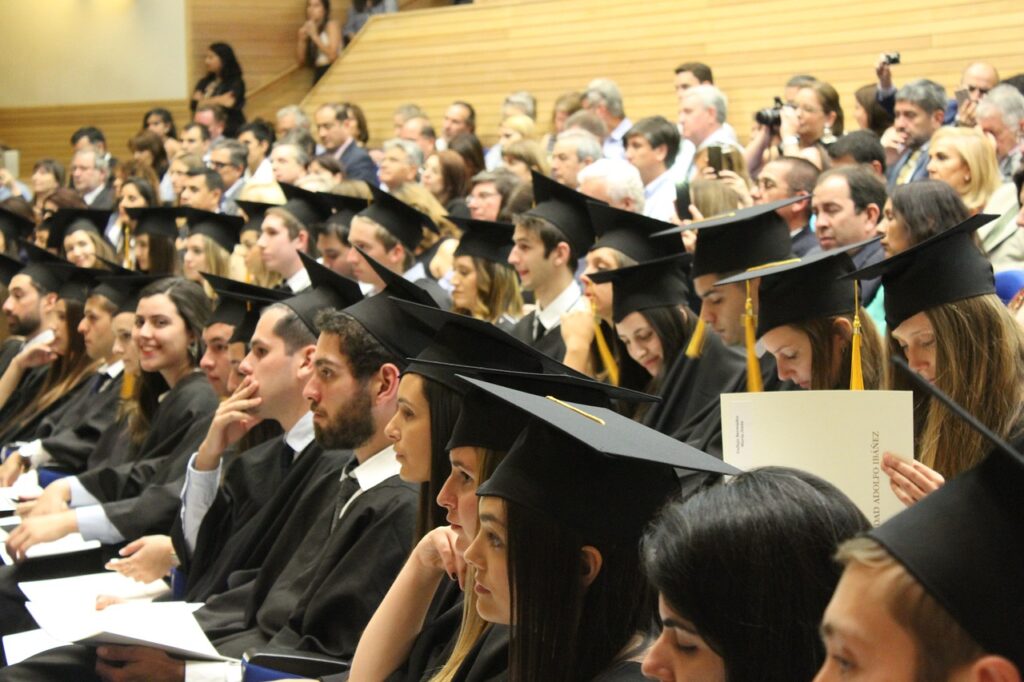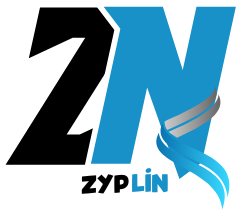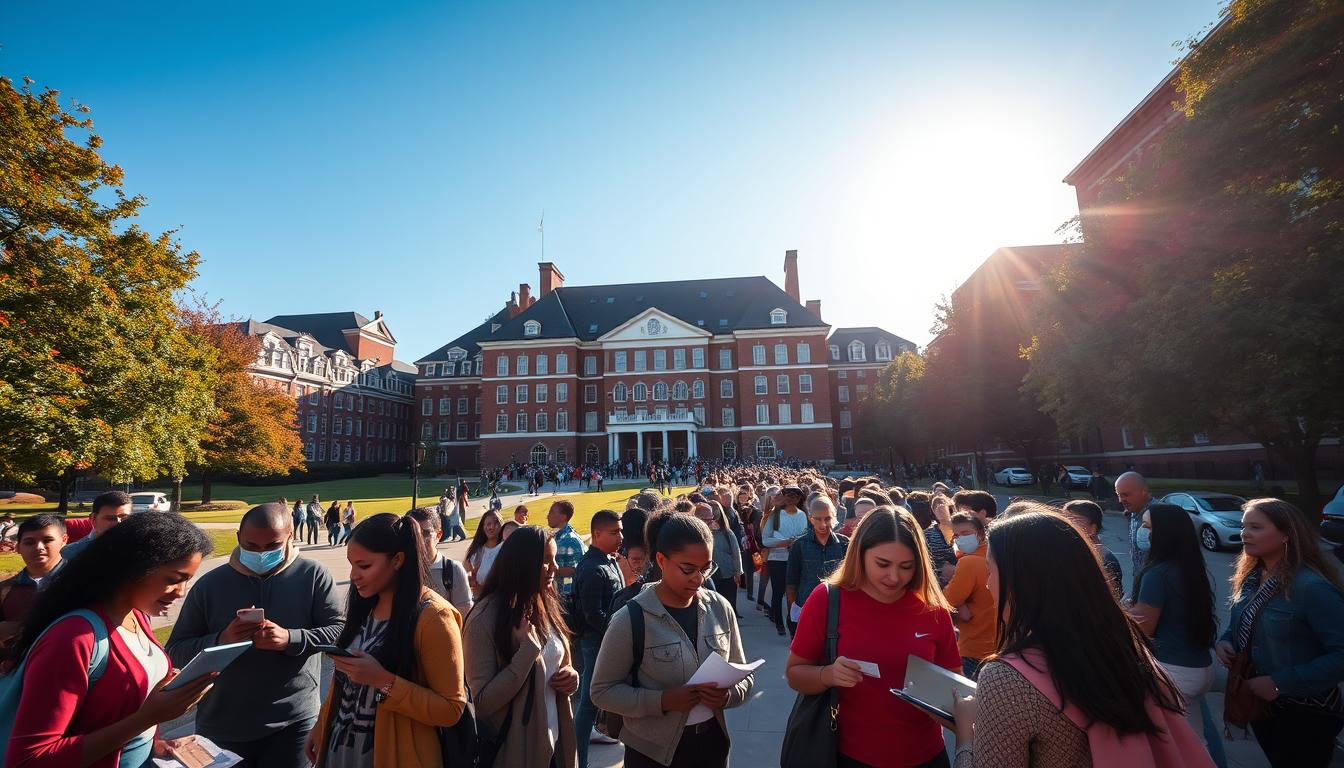
🧭 Introduction
The University of Denver MLIS (Master of Library and Information Science) program provides students with a comprehensive education in library and information science. Whether you’re pursuing a career as a librarian, archivist, data curator, or information manager, the MLIS program at DU prepares you with the knowledge and practical skills necessary to succeed in the information sciences field.
In this blog post, we’ll dive into the details of the University of Denver MLIS program, including the curriculum, admissions process, career opportunities, and more. Whether you’re interested in traditional library roles or new-age positions in information technology, the MLIS program offers a flexible and robust pathway.

🏫 About the University of Denver
Founded in 1864, the University of Denver (DU) is one of the oldest private universities in the United States. Known for its excellent academic standards and diverse student body, DU is located in the vibrant city of Denver, Colorado, a hub for tech, culture, and innovation.
DU’s Morgridge College of Education offers the MLIS program through its Library and Information Science (LIS) Department. The program is accredited by the American Library Association (ALA), ensuring that students receive a top-tier education that is recognized across the industry.
Learn more about DU 🔗 (DoFollow link)
📖 MLIS Program Overview
The University of Denver MLIS program is designed to prepare students for careers in library science, information management, digital archives, and other related fields. The program offers a mix of theoretical courses and hands-on learning experiences, allowing students to develop both technical and interpersonal skills.
The key highlights of the program include:
- ALA Accreditation: The program is accredited by the American Library Association, ensuring quality and industry recognition.
- Flexible Learning Formats: Choose between on-campus, online, or hybrid learning options, tailored to your schedule and preferences.
- Specializations Available: Students can specialize in areas such as archives, data curation, and digital libraries.
- Hands-On Experience: Through internships and practicums, students gain real-world experience in library and information science roles.
The MLIS program is designed to meet the demands of an evolving information landscape, providing students with the expertise needed to manage, organize, and disseminate information effectively.
📚 Curriculum and Specializations
The University of Denver MLIS program offers a wide-ranging curriculum designed to prepare students for diverse roles in the information sciences. The core courses cover essential topics such as:
- Introduction to Library Science
- Information Organization and Retrieval
- Research Methods in Information Science
- Digital Archives and Preservation
- Information Ethics and Law
In addition to the core courses, students can choose from a range of specializations based on their career interests, including:
- Digital Libraries and Archives
- Data Curation and Management
- Youth Services in Libraries
- Information Technology for Libraries
- Public and Academic Libraries
The flexible curriculum allows students to explore various career paths and develop expertise in areas that are in high demand, such as digital preservation, data analysis, and user experience design.

📝 Admissions Requirements
To apply for the University of Denver MLIS program, prospective students must meet the following requirements:
- Bachelor’s Degree: Applicants must hold a bachelor’s degree from an accredited institution.
- GPA: A minimum GPA of 3.0 is preferred, though the program considers the whole applicant’s profile.
- Application Fee: There is a non-refundable application fee to apply for the program.
- Statement of Purpose: A personal statement explaining your career goals, academic background, and why you’re pursuing an MLIS.
- Letters of Recommendation: Two letters of recommendation from academic or professional references.
- Resume/Curriculum Vitae (CV): A current resume highlighting relevant work experience, internships, and volunteer work.
The GRE is not required for admission to the MLIS program at DU.
Apply Now 🔗 (DoFollow link)
💻 Learning Formats: On-Campus, Online, Hybrid
One of the standout features of the University of Denver MLIS program is its flexibility. Students can choose between:
- On-Campus: Traditional face-to-face learning on the DU campus in Denver.
- Online: Fully online learning, perfect for students who need flexibility in their schedules.
- Hybrid: A combination of online coursework and on-campus classes, allowing students to balance their personal and professional lives.
This flexibility allows students from various backgrounds to pursue the degree while managing other responsibilities such as work or family.
💼 Career Prospects and Alumni Network
Graduates of the University of Denver MLIS program are well-positioned for success in a variety of career paths. Some potential job roles include:
- Librarians (public, academic, or special libraries)
- Archivists and Digital Archivists
- Data Curators and Information Managers
- Library Technologists
- Metadata Specialists
- Information Architects
DU’s strong alumni network, career services, and partnerships with leading institutions help students transition from academics to professional careers. Additionally, DU graduates work in prestigious organizations such as:
- Library of Congress
- National Archives
- Smithsonian Institution
- Denver Public Library
Through internships and job placement assistance, the University of Denver ensures that its graduates have the support they need to succeed in the workforce.
💸 Tuition and Financial Aid
The tuition for the University of Denver MLIS program is approximately $1,416 per credit hour, with the total cost of the program typically ranging from $50,000 to $55,000.
However, there are several financial aid options available to help make the program more affordable, including:
- Scholarships
- Graduate Assistantships
- Federal Financial Aid
- Tuition Reimbursement through employer-sponsored programs
Students can also explore on-campus housing options and cost-of-living details on the university’s website.
Learn more about Financial Aid 🔗 (DoFollow link)
🌟 Student Life at DU
The University of Denver offers a rich campus life with various resources and extracurricular activities, including:
- Access to the Anderson Academic Commons, a modern library and research space
- A student chapter of the American Library Association (ALA)
- Various student clubs and organizations related to library science
- Opportunities to attend workshops, conferences, and networking events in the information science field
Students benefit from a vibrant, diverse community and strong support from faculty and staff.

🤔 Why Choose the University of Denver MLIS Program?
- ALA Accreditation: The program’s accreditation ensures a high-quality, industry-recognized education.
- Flexible Learning Options: Choose from on-campus, online, or hybrid formats to fit your schedule.
- Comprehensive Curriculum: Gain hands-on experience through internships and practicums while specializing in your area of interest.
- Strong Career Outcomes: DU’s network and career services help students land top jobs in libraries, archives, and beyond.
🧾 Conclusion
The University of Denver MLIS program is an excellent choice for those looking to advance their careers in library science, digital archives, and information management. With its flexible learning formats, ALA accreditation, and strong career support, the program offers a comprehensive pathway for students who want to make a meaningful impact in the field of information science.
If you’re ready to take the next step in your career, the University of Denver MLIS program provides the tools, resources, and support you need to succeed.
❓ FAQs
Q1: Do I need to submit GRE scores to apply?
No, the GRE is not required for admission to the University of Denver MLIS program.
Q2: Can I complete the program entirely online?
Yes, the University of Denver offers a fully online option for the MLIS program.
Q3: What are the career opportunities for MLIS graduates?
Graduates can work as librarians, archivists, data managers, metadata specialists, and more.





![Maternity Ward at [Hospital Name] – Exceptional Care](https://zyplin.com/wp-content/uploads/2025/06/fe0f7353-210f-4c41-be1a-1f81eae63528.jpg)


